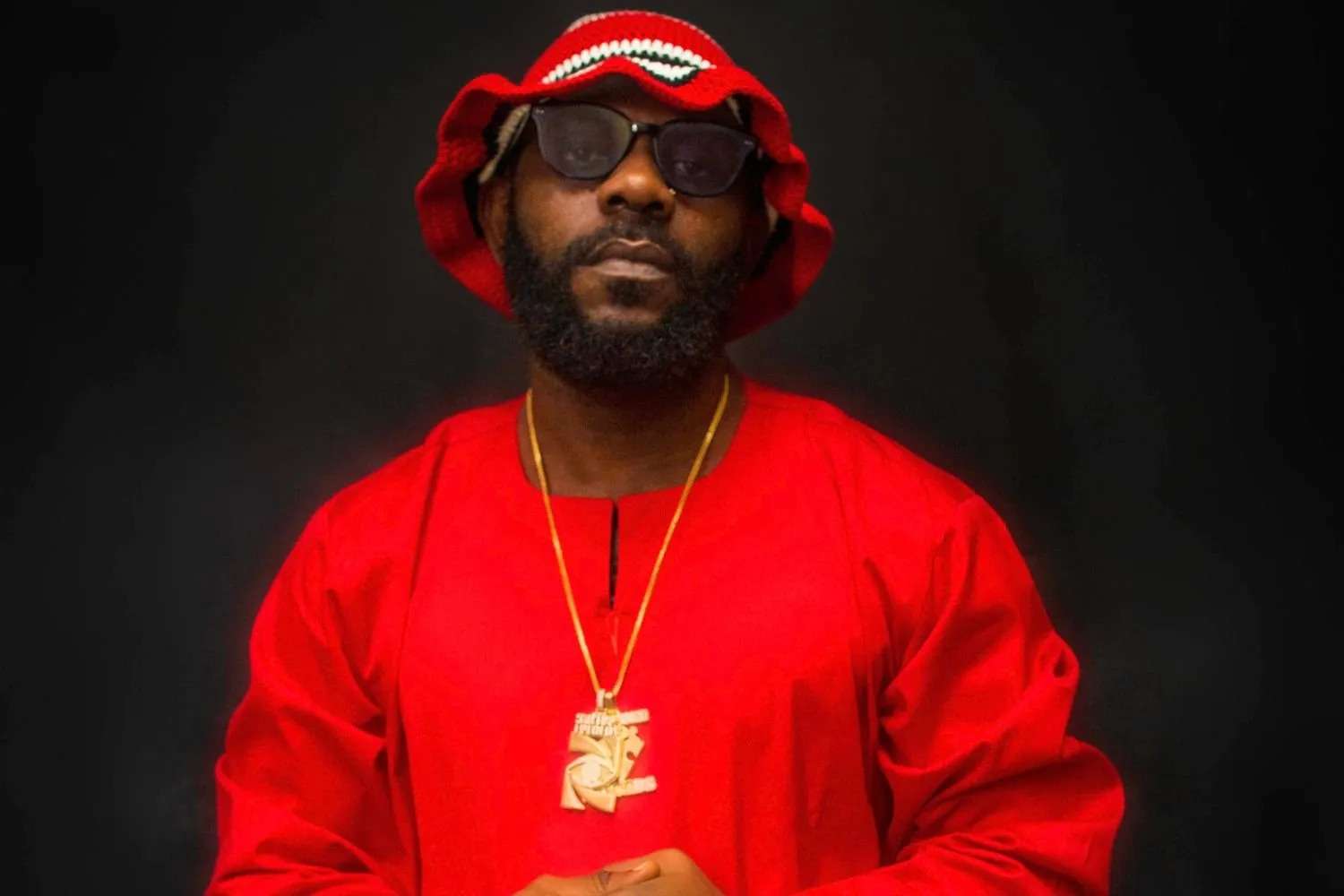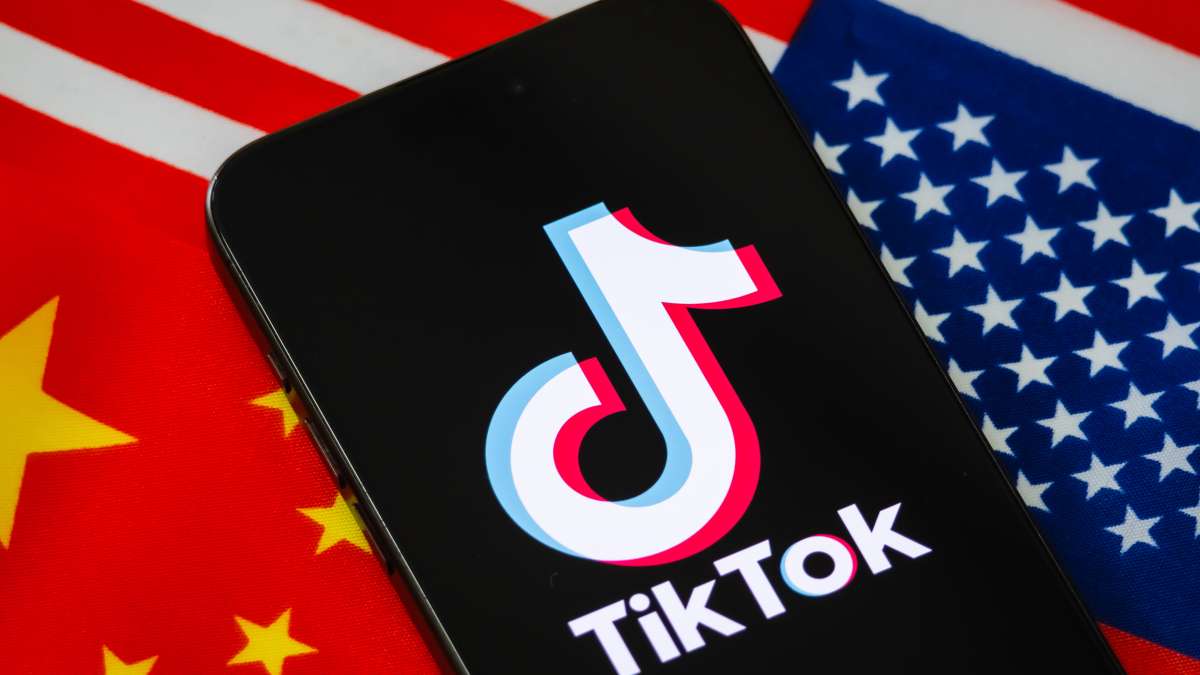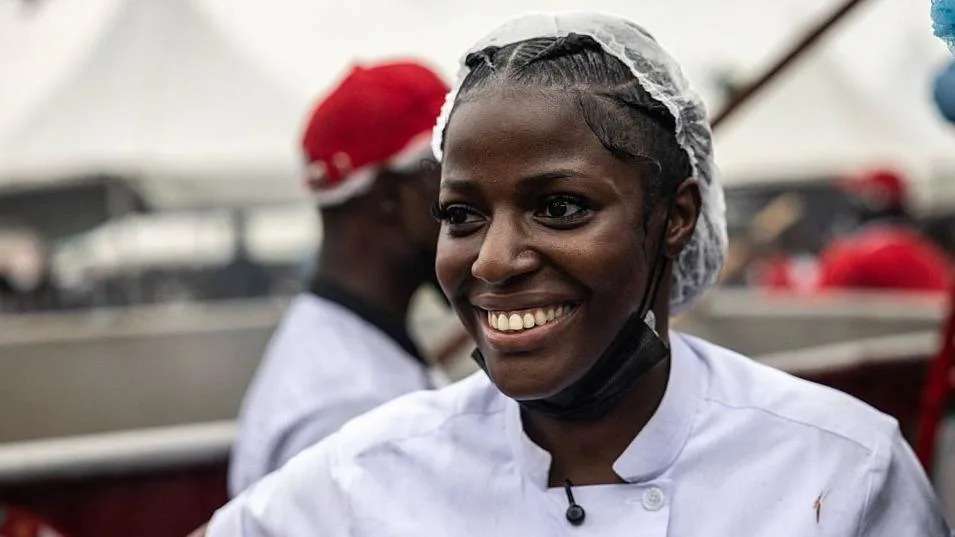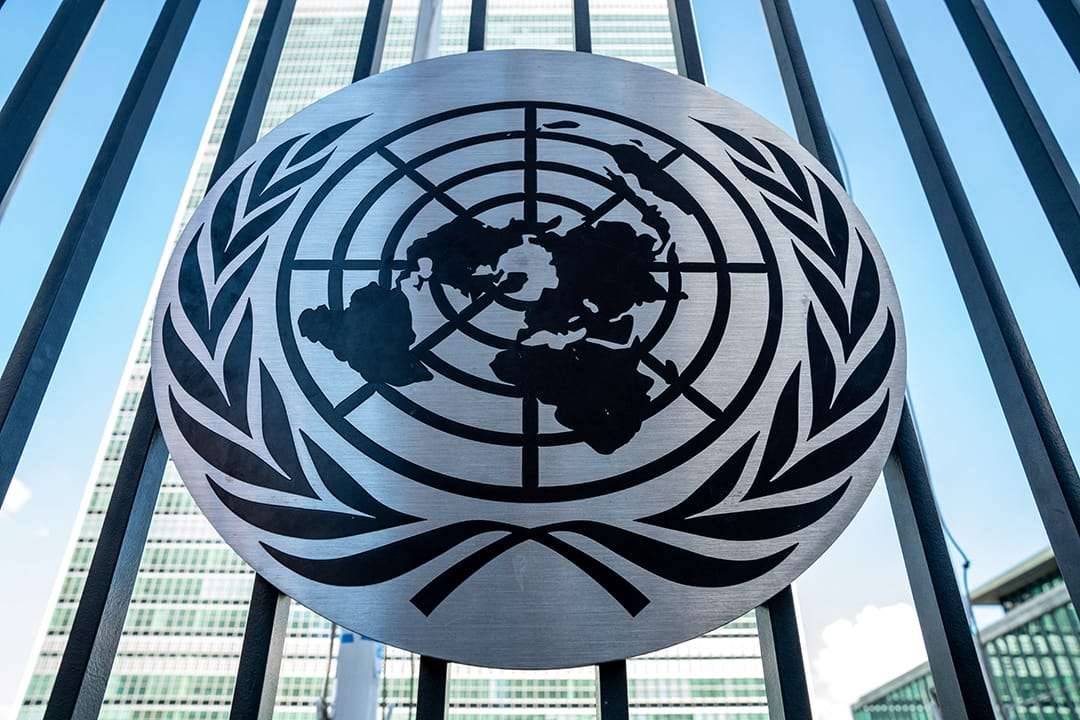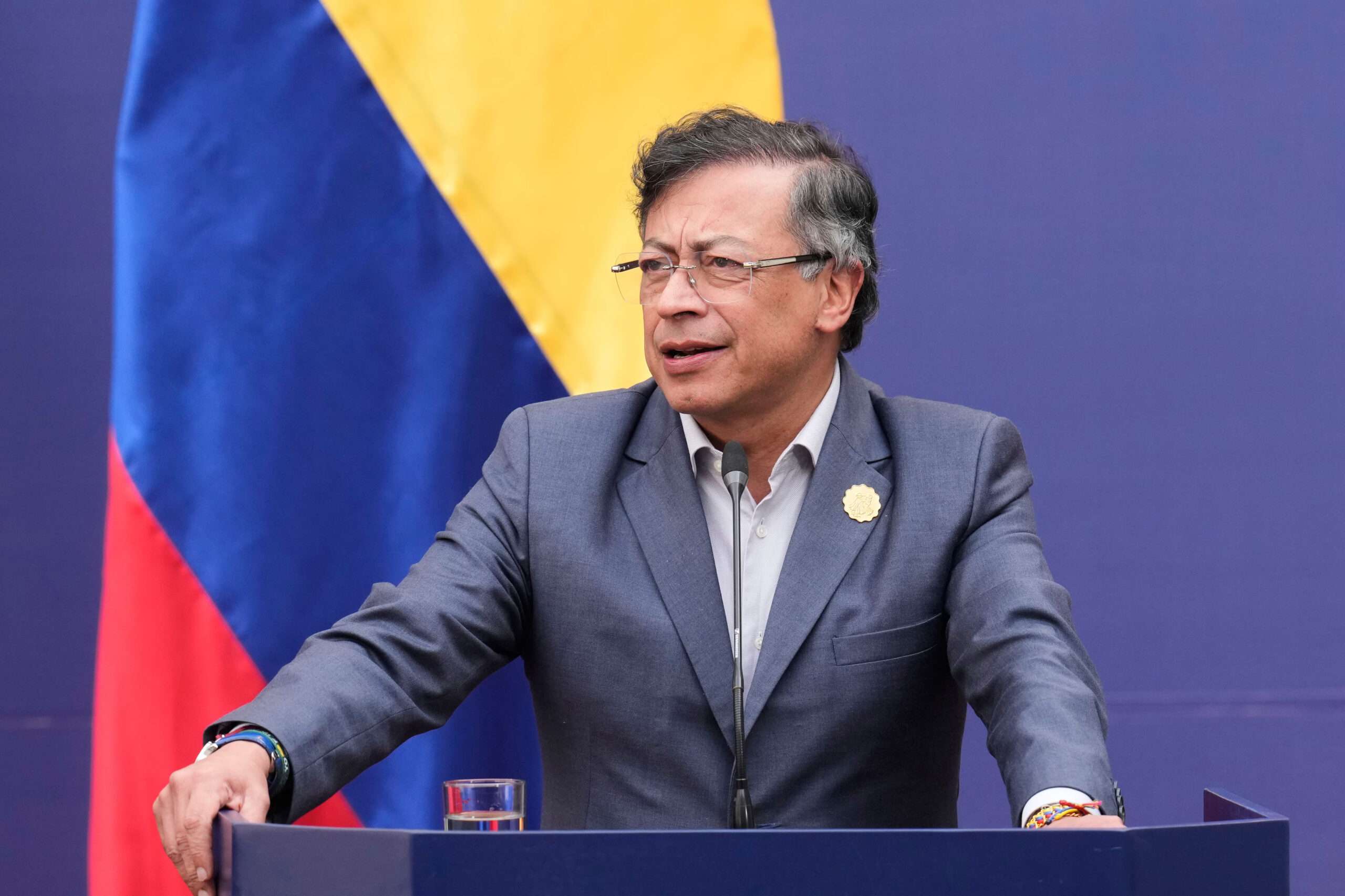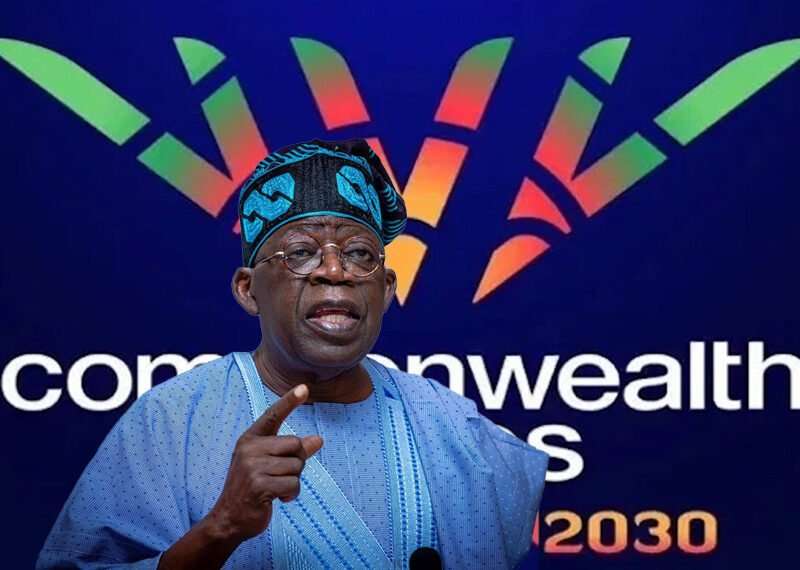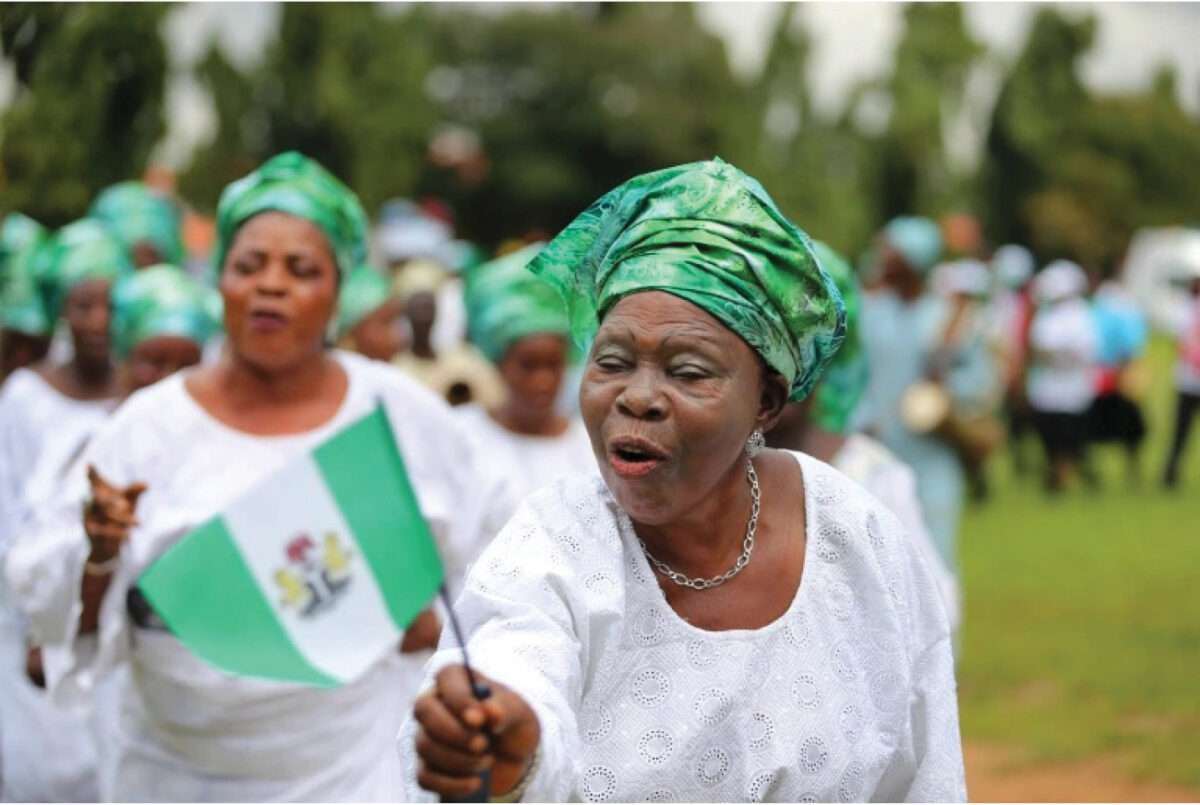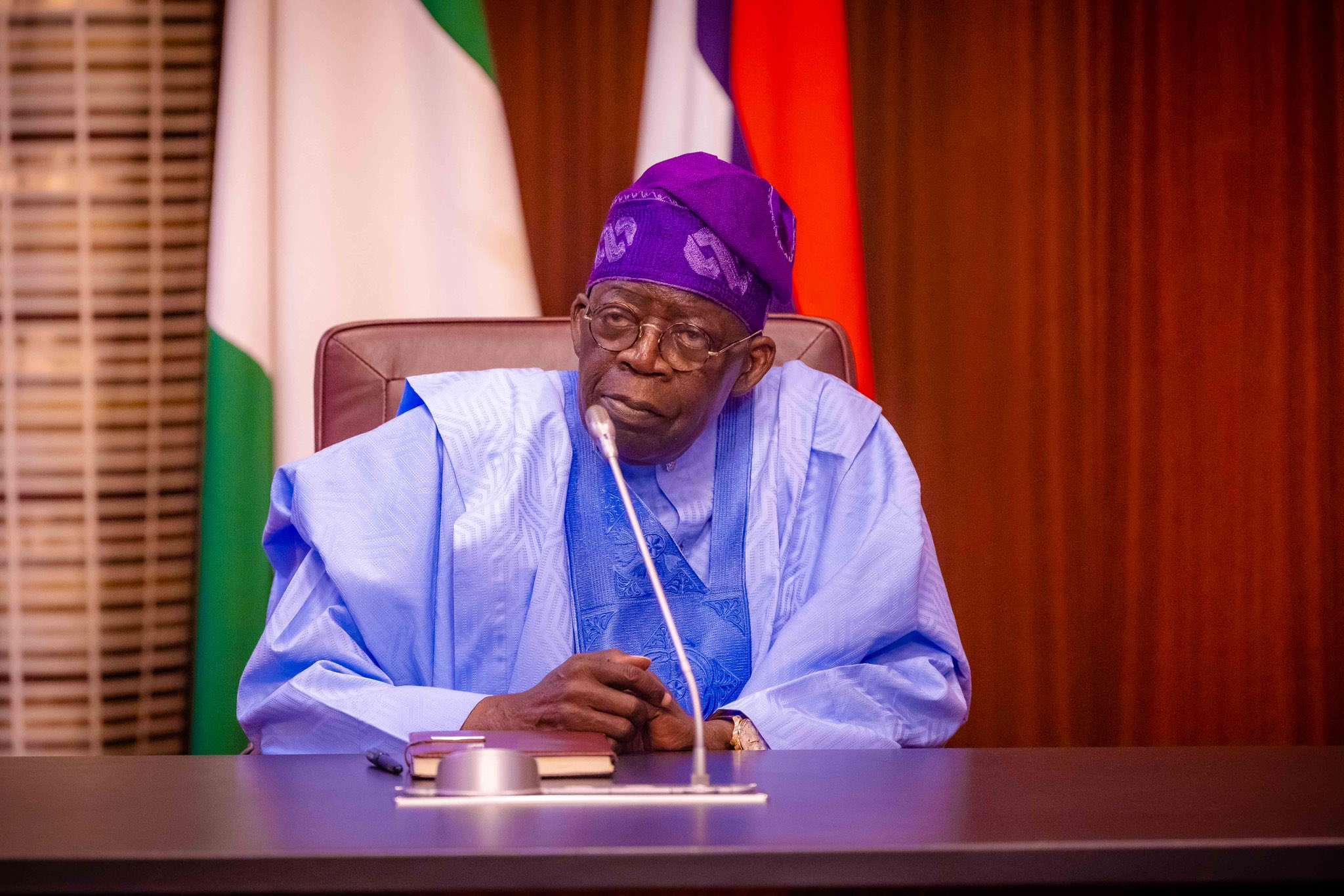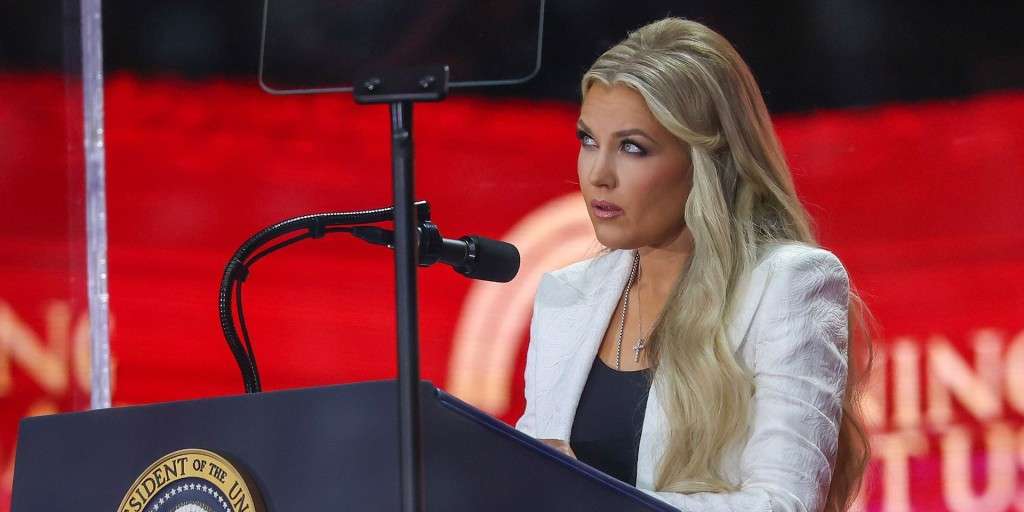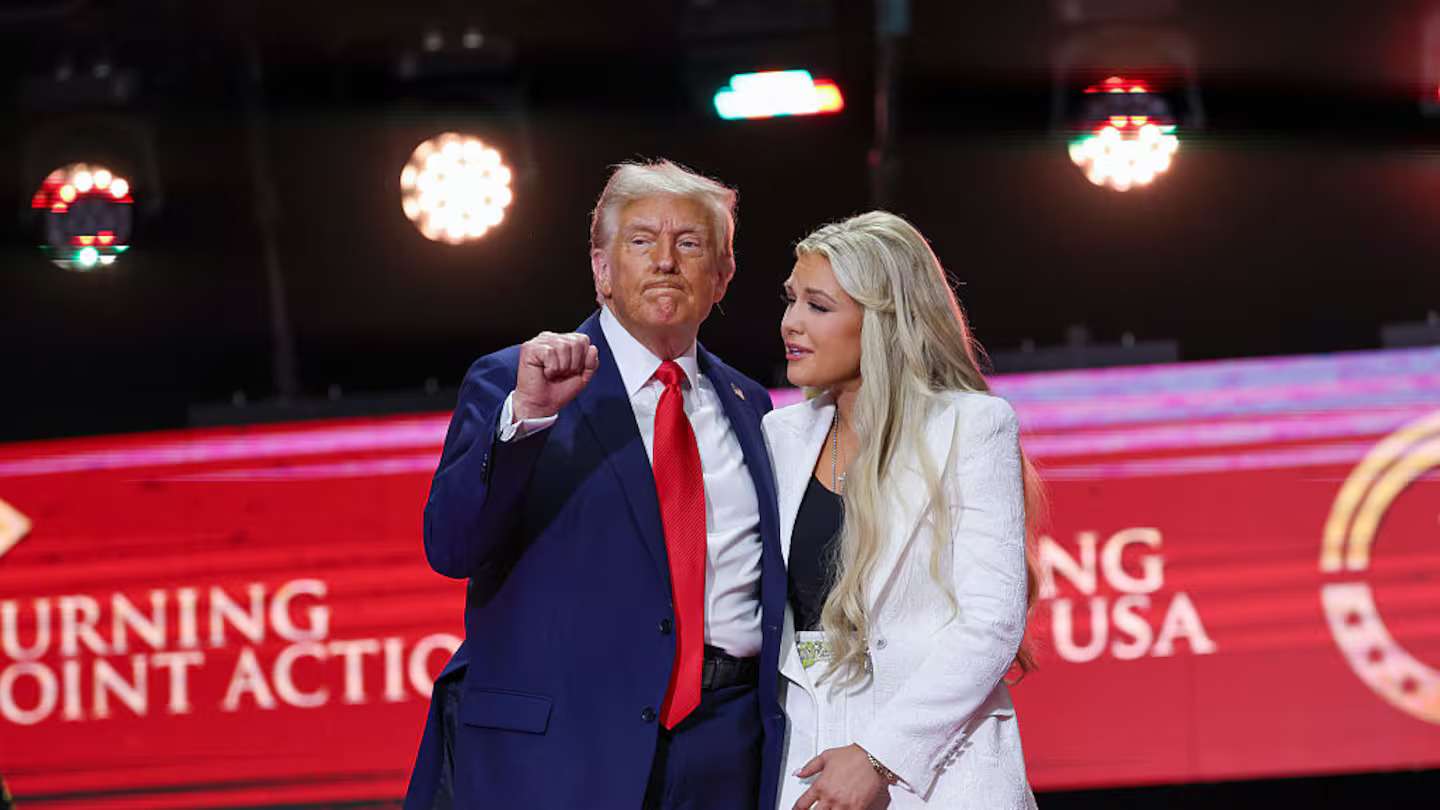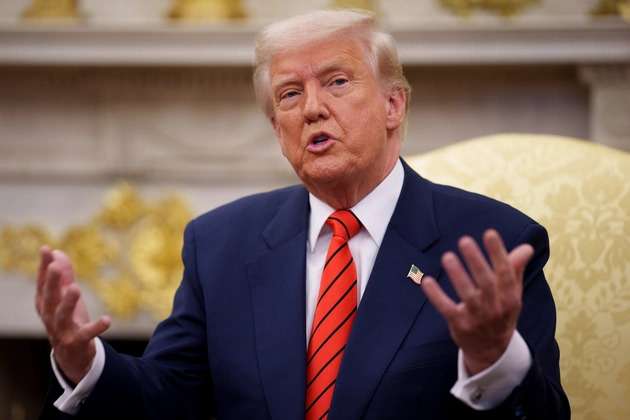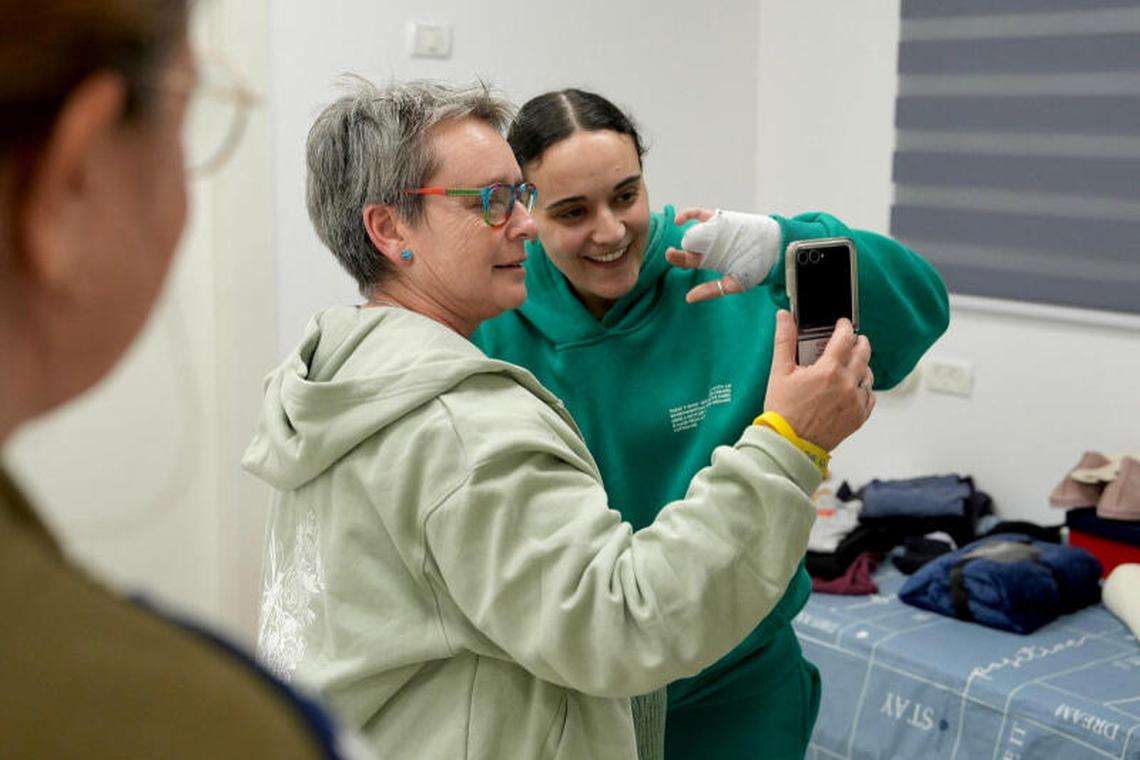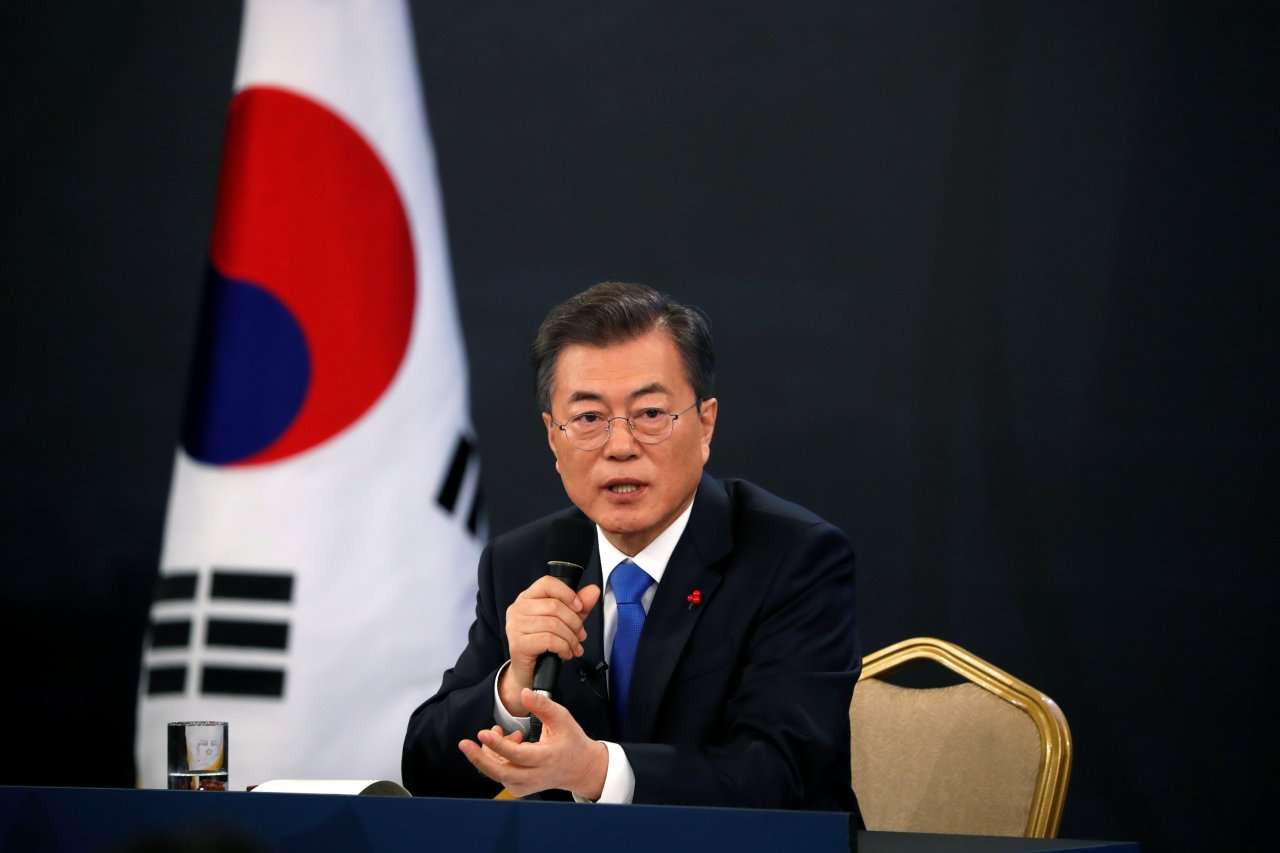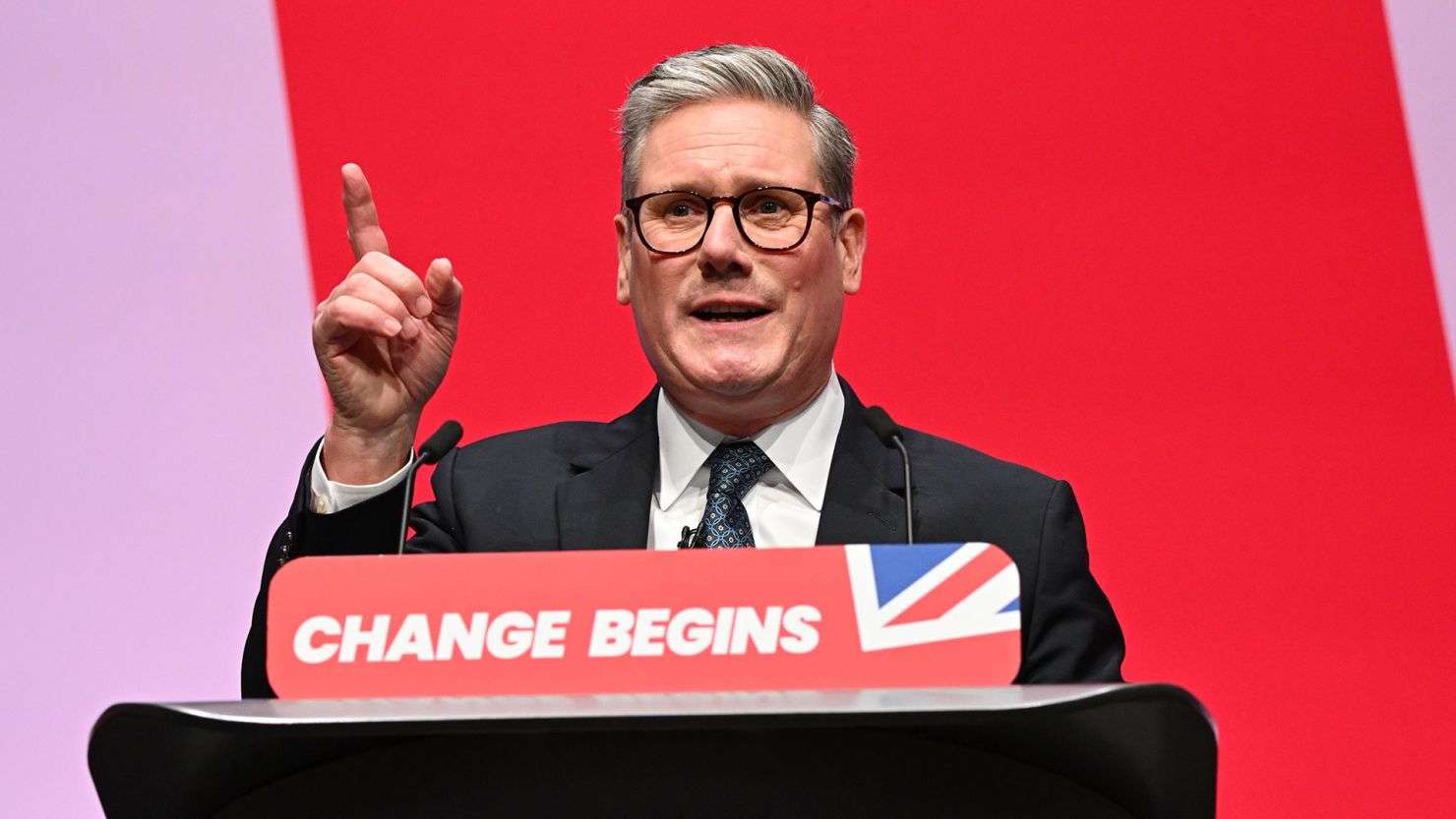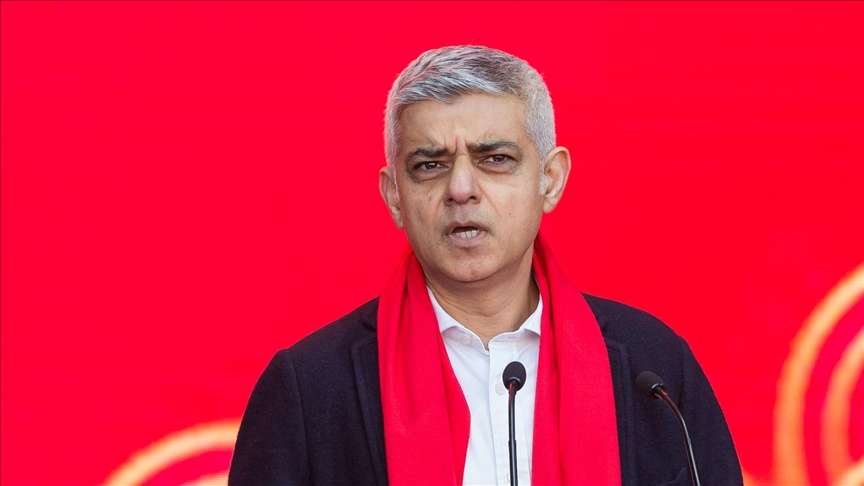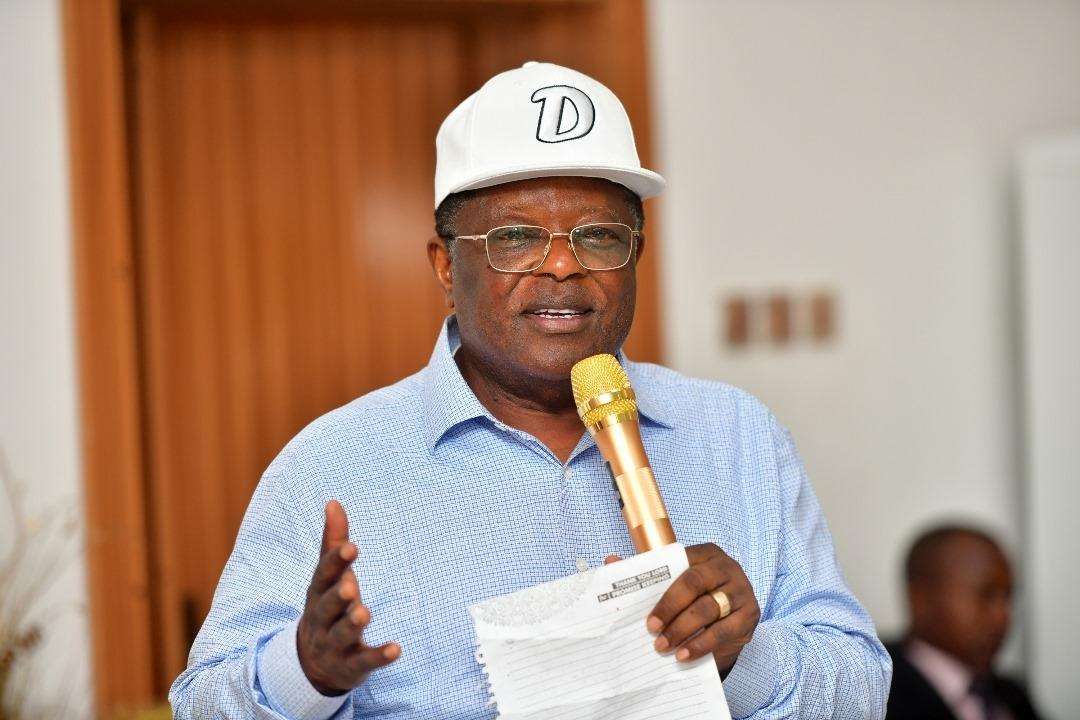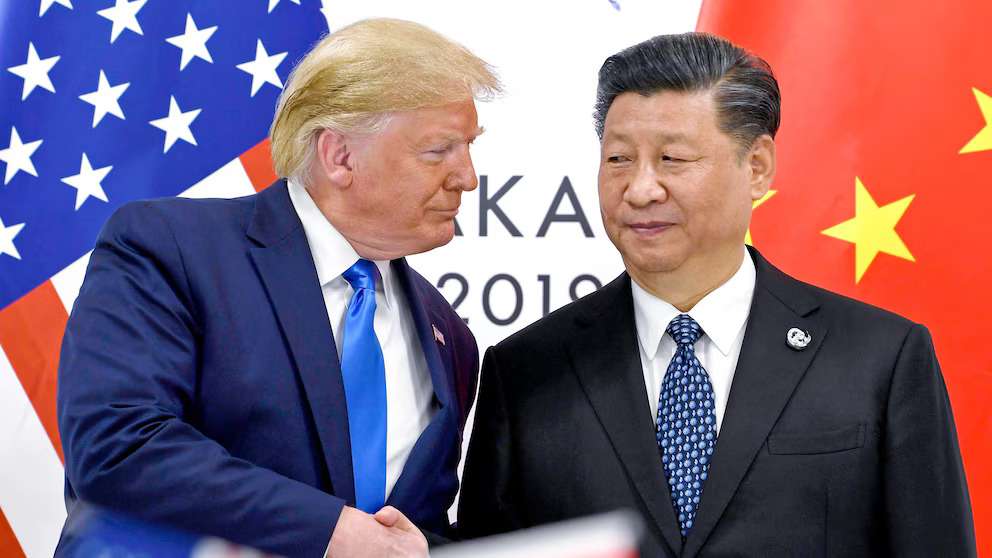
In late September 2025, a viral post on X (formerly Twitter) ignited a worldwide conversation about mental health, encouraging millions to share personal stories of mental health breaks, coping strategies, and the challenges faced over the years. This post not only raised awareness but also fostered a supportive community as users from diverse backgrounds opened up about their experiences with mental health struggles and recovery.
The viral trend began when an influential X user posted a heartfelt message describing their journey of taking mental health breaks, blocking or muting toxic contacts, and prioritizing emotional well-being. This post rapidly gained traction, inspiring others to share their timelines of mental health struggles and healing moments, tagged under #VibeForMentalHealth. The hashtag quickly trended globally, with users from North America, Europe, Africa, and Asia contributing their voices to the conversation.
Experts believe the viral spread of such content highlights growing recognition of mental health as a vital issue worldwide. Dr. Adaeze Iwu, a clinical psychologist based in Lagos, Nigeria, noted, “The openness of users in sharing their mental health journeys on social media breaks the stigma that often surrounds these discussions, especially in cultures where mental health is still taboo. It shows a desire for community and understanding.” She added that digital solidarity can play a critical role in encouraging individuals to seek help and adopt healthier coping mechanisms.
The impact of the viral post resonates beyond social media, influencing workplace policies and peer support systems. Employees and managers have reported more candid conversations about mental health in organizations, reflecting the post’s message of normalizing mental health care. A recent example includes CEOs and HR leaders endorsing mental health days and flexible work arrangements, acknowledging that emotional wellbeing is integral to productivity and overall employee satisfaction.
Many users shared stories of using digital detoxes, therapy, mindfulness, and setting boundaries as ways to achieve mental breaks, though some also highlighted barriers such as access to mental health services and cultural stigma. Kwame Mensah, a community organizer in Ghana, commented, “This viral moment has empowered people to voice concerns they had kept hidden. It reminds us how crucial it is to remove shame and build accessible mental support for everyone.”
However, alongside positive reactions, some highlighted ongoing challenges. Several posts discussed how toxic social environments and insensitive management exacerbate mental health struggles, underscoring the need for systemic changes in workplaces and public policies to protect mental wellness.
In summary, the viral X post has catalyzed a global wave of mental health storytelling, advocacy, and awareness. It emphasizes the importance of continuous conversations and support networks for psychological wellbeing in a fast-paced digital age. For readers, the next steps could include seeking out local or online mental health resources, engaging in community dialogues, or promoting mental health-friendly workplace practices. This global phenomenon underscores that while mental health issues persist, collective openness and empathy can foster healing and resilience.


